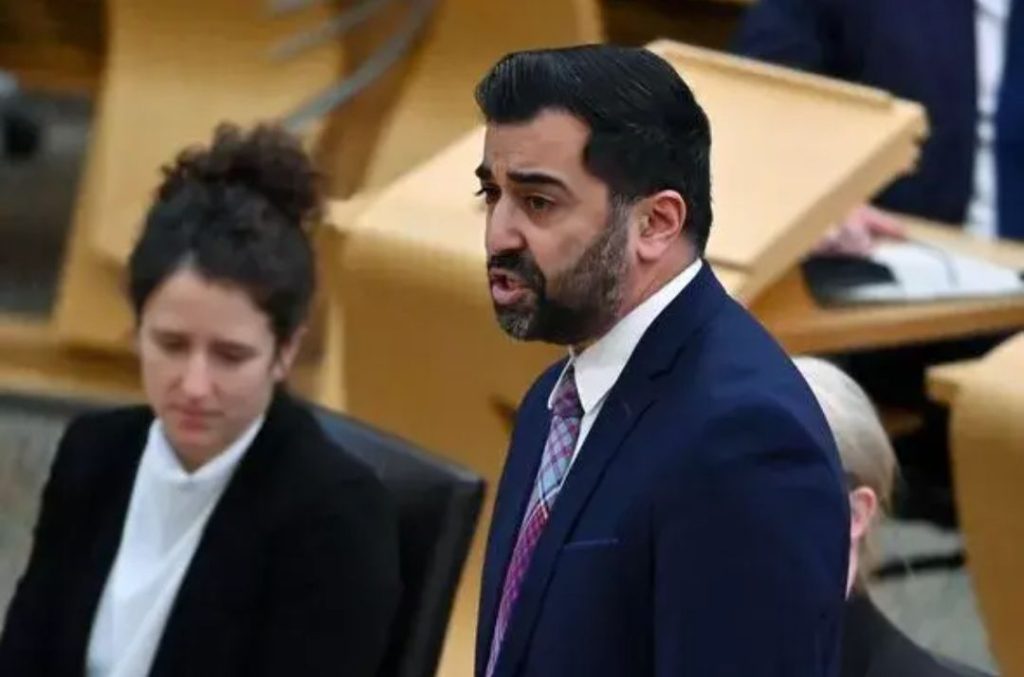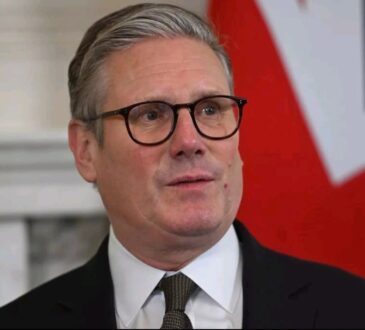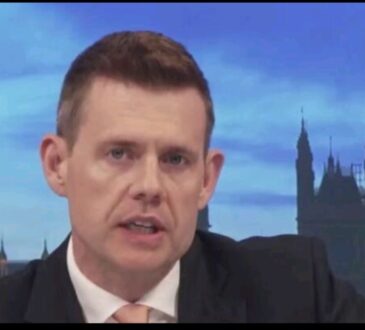
First Minister Humza Yousaf sparked controversy this week with his claims that Scottish independence could make the average household £10,000 better off.

In a speech at the University of Glasgow, Yousaf drew comparisons between Scotland and other European countries like Denmark, Finland, and Ireland, stating that closing the prosperity gap could bring a significant boost to Scottish living standards.
“That is the prize of independence,” Yousaf declared. “Not to match the performance of those independent countries overnight, but to start catching up so Scotland’s level of prosperity becomes more normal.”
According to Express, the First Minister pointed to analysis from the Resolution Foundation indicating that aligning with comparable economies on income and inequality could make UK households £8,300 richer on average. He suggested the potential gains for Scotland could be even higher at over £10,000 per household.
Yousaf’s economic case for independence prompted swift backlash from opposition parties and pro-union groups. Scottish Conservative finance spokesperson Liz Smith accused the First Minister of “fantasy economics” amidst a cost-of-living crisis.
“Families don’t need fantasy economics from Humza Yousaf in the middle of a cost-of-living crisis,” Smith stated. “They need his government to get a grip on its waste and incompetence.”
Similarly, Scottish Labour leader Anas Sarwar argued that Yousaf was sounding “out of touch” while families struggle with rising bills.
“While Labour talks about how we can change our economy to make work pay and put money back into your pocket, the SNP and the Tories seem to be having a competition to see who can sound more out of touch,” said Sarwar.
Pro-union group Scotland in Union also criticized Yousaf’s speech as failing to provide credible analysis on the economic impacts of independence. Chief executive Pamela Nash said Yousaf did not mention the costs of setting up a new state or the loss of UK fiscal transfers that help fund Scottish public services.
Some economists have warned that independence could have major fiscal consequences for Scotland. The London School of Economics has estimated that leaving the UK could shrink Scotland’s economy by at least £11 billion per year, reducing income per capita by 6-9%
Yousaf’s controversial address kicks off a series of speeches from the First Minister making an economic case for independence. The SNP leader appears to be ramping up the independence debate ahead of an expected general election this year.
With polls showing a small majority now backing independence, the economic arguments will likely play a pivotal role in determining views. Yousaf faces pressure to provide credible data on the potential gains and losses.
The coming months will test whether the First Minister can persuade more Scots to his position. But the initial response suggests winning over public opinion remains an uphill battle on economic grounds. Yousaf will need to confront scepticism from experts and convince voters that prosperity lies in Scotland charting its own path alone.




